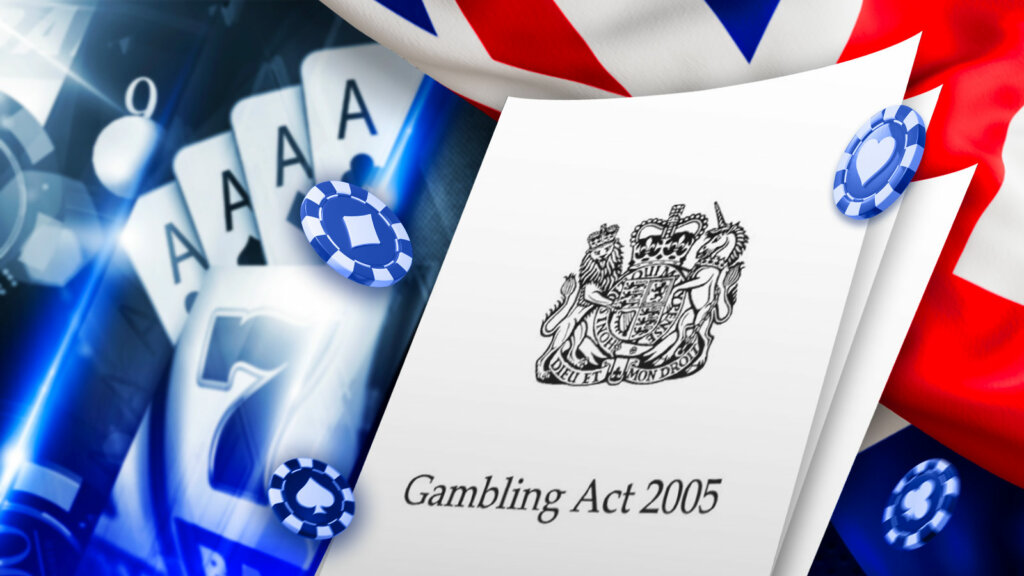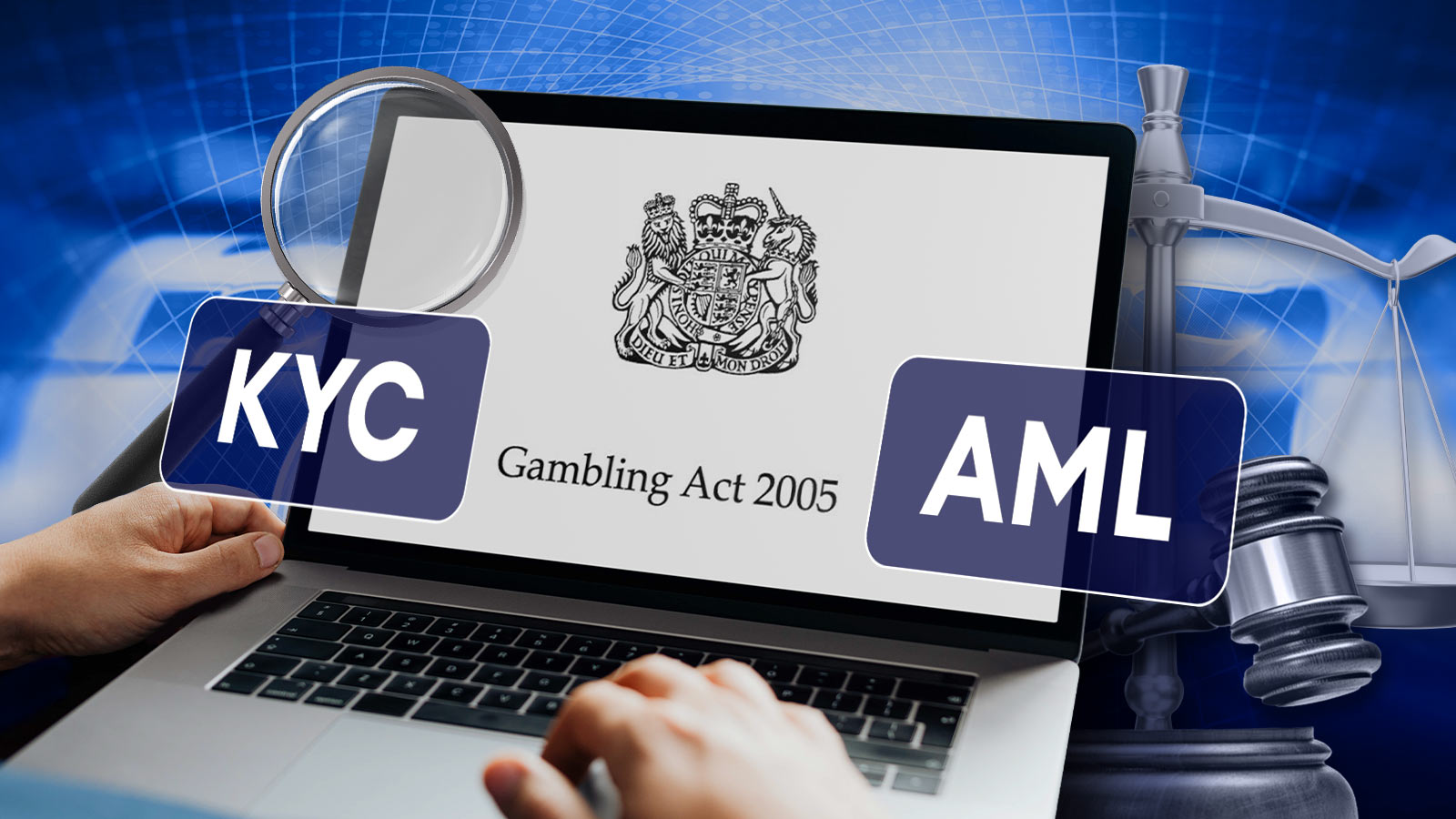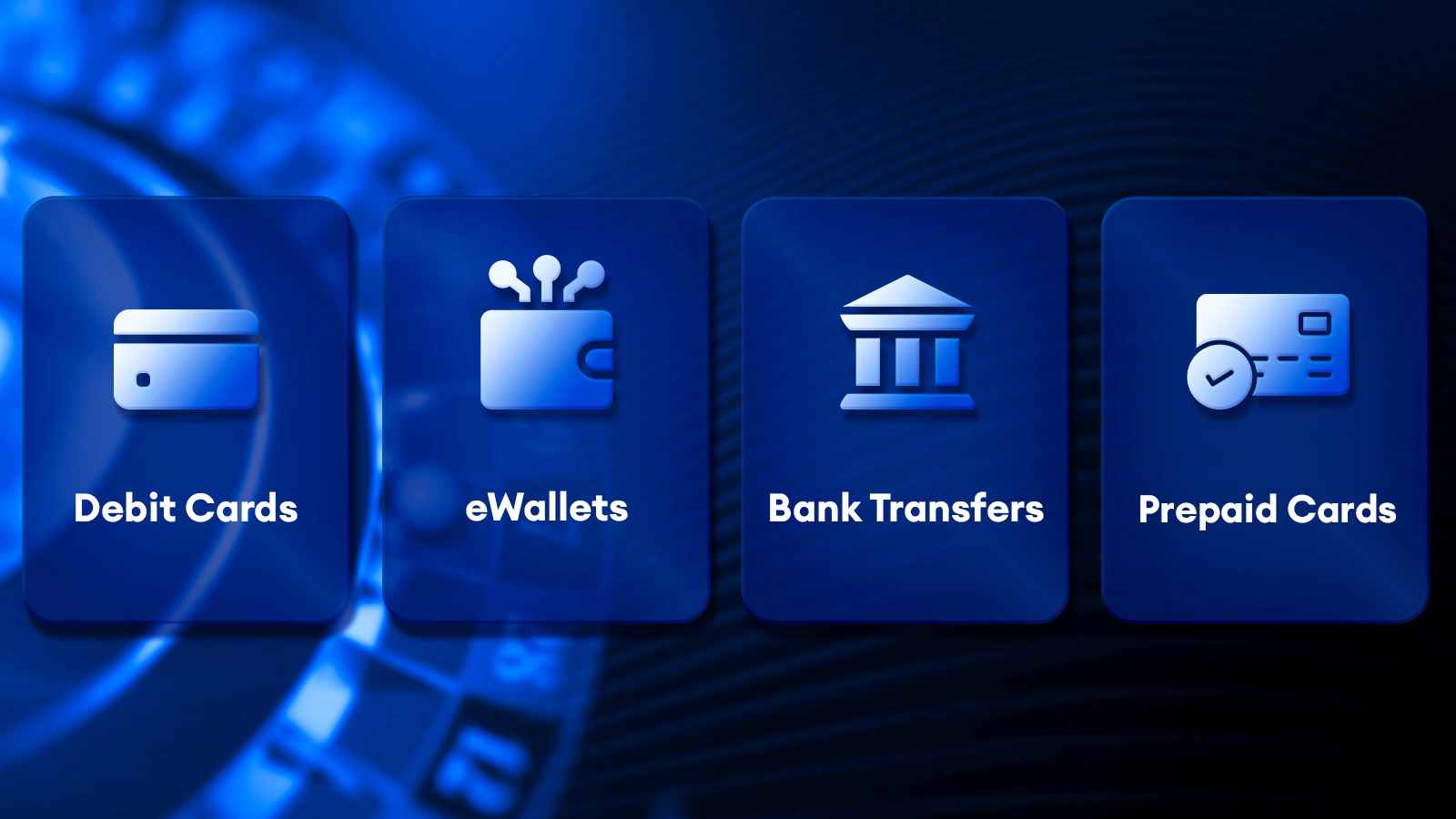
UK Gambling Act 2005 Explained: From Licensing to Offences (2025)
All the information in this page was checked by:
Every piece of information we present is rigorously verified by our team of experts using multiple credible sources, ensuring the highest level of accuracy and reliability.
We have paid partnerships with the online casino operators featured on our site. We may also earn commissions when users click on certain links. However, these partnerships do not affect our reviews, recommendations, or analysis. We remain impartial and committed to delivering unbiased gambling content. For more details, visit our Advertiser Disclosure page.
The UK Gambling Act 2005 stands as the cornerstone of British gambling legislation, establishing regulations for all gambling activities across the nation. This law created the Gambling Commission, defined gambling categories, and set clear licensing requirements that continue to shape the industry today. To understand what’s legal and what’s not, the first place to look is this legislation.
- The Gambling Act 2005 in Less Than 100 Words
- The Role of the UK Gambling Commission
- KYC and AML Policies According to the Gambling Act 2005
- Accepted Payment Methods in UK Online Casinos
- Player Protection Measures Under The Gambling Act 2005
- Legal Recourse For Complaints and Queries According to the UKGC
- Recent Changes to the Gambling Act 2005: Where is the Industry Heading to?
The Gambling Act 2005 in Less Than 100 Words
The Gambling Act 2005 is a significant piece of legislation in the United Kingdom that was put into place to regulate gambling — arcades, sports betting, bingo, casinos, gaming machines, society lotteries, and remote gambling (including online gambling). It fully came into force on the 1 September 2007, aiming to achieve three main objectives.
- To keep gambling crime-free
- To ensure gambling is fair and open
- To protect children and vulnerable people
The Role of the UK Gambling Commission

Operating Licences: Are all online casinos legal in the UK?
For an online casino to offer any form of gambling services to British players, it must first secure a licence from the UKGC. Processing typically spans approximately 16 weeks, during which time the commission examines the applicant’s suitability in various critical areas, including:
- Evaluates the background and integrity of the owners and key management personnel.
- Assesses the applicant’s financial stability to confirm player funds can be protected and winnings paid out.
- Screens for any illicit connections to guarantee the operation is free from criminal influence.
- Verifies that games are fair, using certified random number generators (RNG) to determine outcomes.
- Ensures the online casino’s technology protects user data and maintains operational integrity.
- Checks adherence to UKGC advertising guidelines to prevent misleading or exploitative promotions.
- Reviews procedures for preventing money laundering and financial crimes within the operation.
Once an online casino’s licence is approved, the operator must adhere to several ongoing regulatory requirements. They are also subject to ongoing monitoring, submit regular reports, and pay annual fees based on their gross gambling yield (GGY), which directly (and sometimes indirectly) supports the industry’s oversight and efforts to prevent problem gambling. Did you know? You can easily verify if a casino holds a valid licence! Start by looking for the UKGC logo on the respective gambling site, usually found at the bottom of the homepage. This logo (or its corresponding account number) should be clickable and lead you directly to the casino’s licensing information on the UKGC’s official website. Another way around it would be to go directly to the business register and find the casino by name using the search function. Can I Play at Casinos that are NOT Licensed by the UKGC? The specific legality of a British player gambling at an online casino without a UKGC licence is complex; however, the legal responsibility and potential consequences typically fall more on the operators than on the individual user. That being said, playing at a non-UKGC licensed casino does mean you forfeit the protections and assurances provided by the commission. Here is a quick comparison:
| Feature | UKGC-Licensed Casinos | Non-UKGC Licensed Casinos |
|---|---|---|
| Fund Security | Player funds are held in accounts separate from company funds. | No guaranteed separation of player funds, risking payouts during financial issues. |
| Fair Play | Games are regularly tested for fairness by independent bodies (ex. eCogra); RNGs are certified. | Fairness testing may not meet UK standards. |
| Responsible Gambling | Must be part of the GamStop programme + offer tools and information + contribute to responsible gambling charities. | May lack enforced responsible gambling measures. |
| Dispute Resolution | Access to the UKGC-approved Alternative Dispute Resolution (ADR) services for complaints. | Limited or no impartial resolution. |
| Data Protection | Strict UK data laws compliance. | Variable data security. |
| AML Measures | Comply with rigorous UK AML regulations to prevent financial crimes. | Inconsistent AML practices. |
| Advertising | Bound by UK advertising codes to promote gambling products responsibly and truthfully. | May use aggressive or misleading advertising of gambling promos and bonuses. |
| Legal Recourse | Players have legal recourse under UK law for disputes or malpractices. | Complicated and often governed by the laws of the jurisdiction where the casino is licensed. |
Who Can Legally Gamble in the UK?
In the UK, the legal minimum age for online gambling is 18. Operators enforce strict measures to prevent underage betting; upon identifying under-18s, casinos must immediately terminate the account and seize any funds won.
KYC and AML Policies According to the Gambling Act 2005

- Proof of identity (e.g., passport, driver’s licence)
- Proof of address (e.g., utility bill, bank statement)
- Proof of payment method ownership*
The procedure varies by site, with some using a prompted software, others requesting documents via email, and a few utilising live chat for submissions. *When providing proof of payment, hide sensitive details such as the CVV and middle digits of a debit card, security codes, etc.’
Player Rights and Protections
Handing over personal documents and payment information to a gambling site naturally raises questions about the security measures in place. In response, the UKGC sets an extremely high bar for player protection, with standard protocols including:
- Encryption of data to secure personal and financial information
- Two-factor authentication (2FA) for enhanced account security
- Secure Socket Layer (SSL) technology for safe data transmission
- Privacy policies clearly stating how player data is used and protected
- Regular audits by independent bodies to ensure compliance with security standards
- Anti-fraud checks to prevent unauthorised access and financial crimes
- Secure payment gateways for safe deposits and withdrawals
Accepted Payment Methods in UK Online Casinos

A Ban on Credit Cards in 2020
Extensive reviews and consultations revealed that a significant portion of credit card gamblers were at risk of accruing debt and experiencing the negative side of online casinos. Thus, in April 2020, the UKGC implemented a ban on their use with the clear goal of preventing players from betting with funds they do not own.
How are your Deposits and Winnings Protected Under the UK Gambling Act?
Player funds under the UK Gambling Act are protected through a combination of regulatory requirements, segregation of funds, and insurance mechanisms. Operators are required to keep deposits in a separate account from their own operating budgets. They’re also held to strict financial standards, including regular checks, and must clearly explain within the T&Cs what happens to your money in the event of insolvency.
Taxation on Gambling Winnings in the UK
The simple answer is NO! Whether you win a few pounds or hit a massive jackpot, your winnings are entirely tax-free at the point of receipt. The burden, instead, falls on the gambling operators who are required to pay a 15% tax on profits from bets and 21% from gross gaming revenues on all transactions with UK customers, among other specific rates.
Player Protection Measures Under The Gambling Act 2005
A key objective of the Act is to foster responsible gaming practices, with the UKGC providing comprehensive operational guidance to online casinos on player protection measures. Operators have a responsibility to supply easy access to information on safe gambling, including proactive advice, where to find help, and what tools can help control negative behaviours.
Responsible Gambling Tools Found in UK Online Casinos
| Tool | Description | Why Apply It | Other Info |
|---|---|---|---|
| Self-Assessment | Questionnaires that help players understand if gambling might be becoming a problem | To be proactive. | Usually anonymous and confidential. |
| History | Access to a detailed history of transactions and gameplay. | To monitor and manage activity. | Includes wins, losses, deposits, and withdrawals. |
| Reality Checks | Timely reminders of how long a player has been online. | To encourage breaks and manage playtime. | Can be set to appear at specific time intervals. |
| Deposit Limits | Setting a limit on how much money can be deposited. | To avoid overspending. | Daily, weekly, or monthly limits can be imposed. |
| Bet Limits | Limits on the amount a player can bet in a game or session. | To manage risk and prevent chasing losses. | Limits can vary by game type. |
| Loss Limits | Setting a maximum loss limit before playing stops automatically. | To set clear financial boundaries and minimise losses. | Prevents further play once the limit is reached. |
| Time-Outs | Option to take a break from gambling for a short period. | To better reassess gambling habits. | Time periods can range from a day to several weeks. |
| Self-Exclusion | A longer-term break from gambling, blocking access to gambling accounts. | To aid in breaking the cycle of gambling addiction. | Periods can range from six months to permanent. |
| External Organisations | Links to professional support services and organisations. | To access additional support and resources. | GamCare, GordonMoody, BeGambleAware. |
What is GAMSTOP?
GAMSTOP is a free service available in Great Britain (England, Ireland, Wales, and Scotland) that allows players to restrict their access to online gambling sites and apps by registering just once rather than individually with each operator.’ All online casinos and betting sites operating in the UK are required to participate in the scheme; thus, consumers who have self-excluded through GAMSTOP cannot return to any UKGC-licensed brand during their chosen exclusion period.
Legal Recourse For Complaints and Queries According to the UKGC
The UKGC advises initially attempting to resolve the issue through the casino’s complaint-handling process. This involves checking any terms and conditions that may be relevant, then contacting the casino via phone, email, or live chat with details of your complaint, including supporting evidence like dates, transaction amounts, and communication records.’
| TIP: Retain copies of all interactions! |
|---|
If the operator doesn’t resolve your issue within 8 weeks or you still want to complain, you may escalate the matter to an Alternative Dispute Resolution (ADR) provider. The UKGC also provides access to Resolver — a free tool that guides customers through the complaint process, though its availability depends on the gambling site’s participation.
Recent Changes to the Gambling Act 2005: Where is the Industry Heading to?
As the gambling sector continuously reshapes itself, the UK’s Gambling Act 2005 can’t afford to stand still. Recent key reforms include introducing mandatory levies on betting firms to fund addiction treatment and research, setting new stake limits for online slots, and granting additional powers to the Commission to regulate and enforce industry standards more effectively. Moving forward, the regulatory framework will likely need better adaptation to cryptocurrencies and the development of new standards, preventing innovation from outpacing the ability to uphold fair and secure gambling practices.

